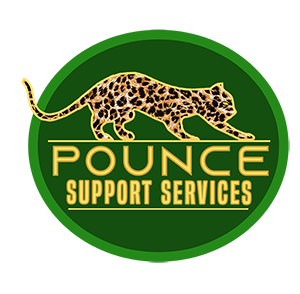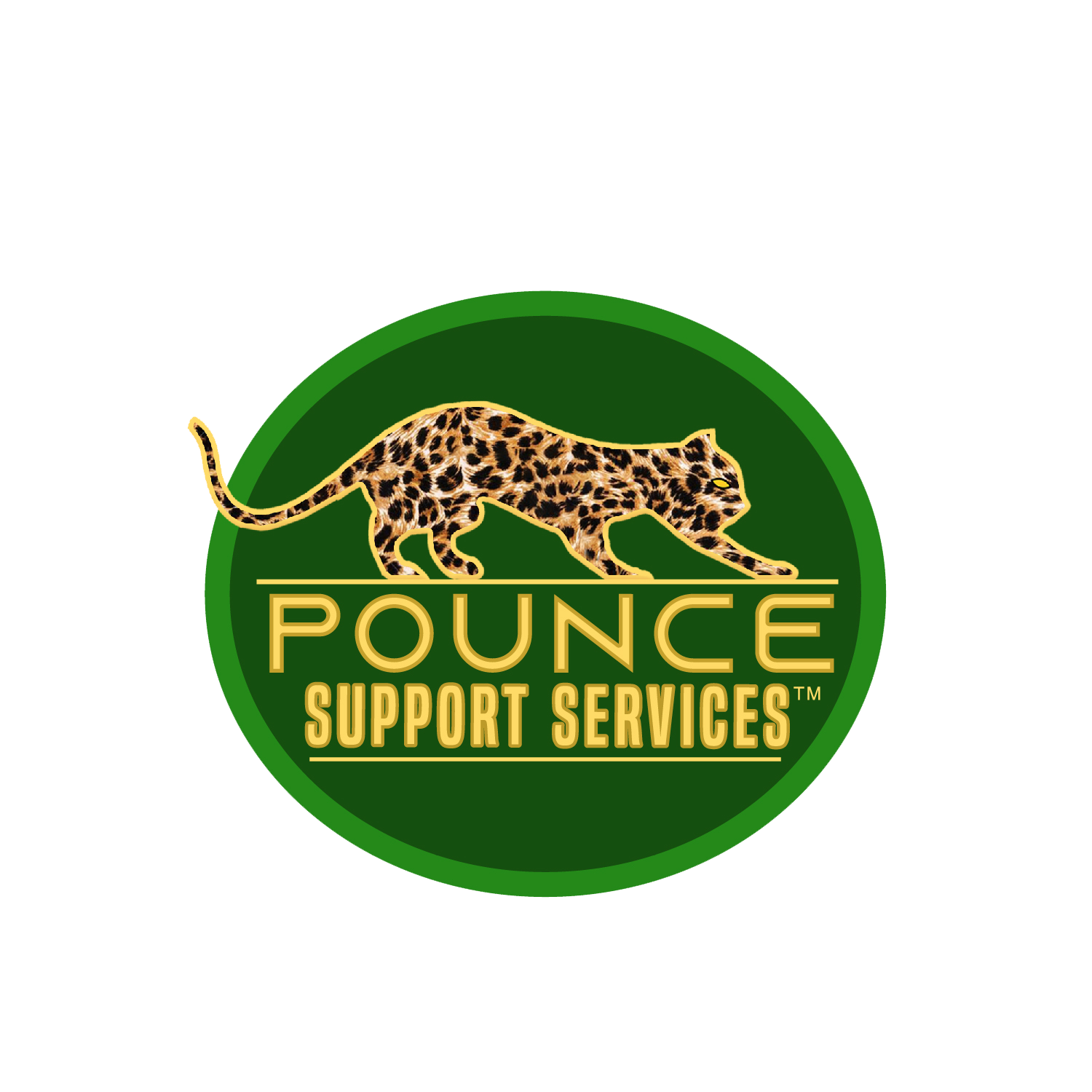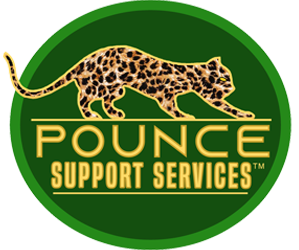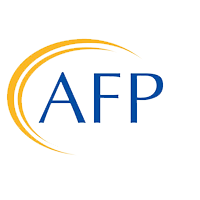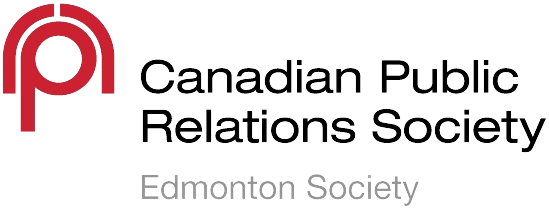
Support & Resources to Overcome Domestic Abuse with Teena Hughson, Communications & Fundraising Coordinator

A Safe Place is Your Place
“My ground zero was two years ago. We had no milk, fresh fruit, or bread again. No gas in the car. I asked for money we should have had. Maybe I should have kept quiet. Maybe it was time to let out some steam. He lost it.
I can’t tell you where he hit me or how many times, but I can tell you what he said, “Leave with these kids and you’ll never see the light of day again.”
Through my shame, I saw the fear in my children’s eyes. “Never again. It ends today,” I whispered to myself. I packed a few bags and found myself at A Safe Place. I don’t remember much about my first few days there, but I can tell you how I felt. I felt safe. And, in a short time, I felt in control of my life again.
Today, I have my own home and a job now. My children are happy and safe. It hasn’t been easy, but because of A Safe Place, we are free.”
Sarah’s Story
Whatever you call it, domestic abuse, domestic violence, or family violence can rear its ugly head in many ways, but the relationships all share one thing in common. In every case, the abuser adopts a pattern of behaviors to gain, then maintain control over another. Often physical, even deadly, family violence is far more common than anyone wants to admit. According to Statistics Canada, a woman in Canada is murdered by her intimate partner approximately every six days. Take a breath and let that sink in. In a country where we pride ourselves on being seen as kind and gentle peacekeepers, that women continue to die at the hands of intimate partners should be unbelievable. The facts show the dangers are increasing. Recently, Edmonton Police Services have noted the number of domestic violence calls climbed from 8,406 in 2019 to 9,545 in 2020, an increase of 13 percent. In 2020, of the 160 women killed, 36 of the women were known to be currently, or formerly involved in an intimate relationship with their killer. Furthermore, the emotional, social, and economic pressures of COVID-19 continue to play a role in the increase as abusers leverage social isolation, and victims grow increasingly fearful of connecting to community supports.
When the heartbreaking tragedy of domestic homicide is reported in the news, our attention to family violence increases. Public awareness events and campaigns also peak in November because it’s Family Violence Prevention Month here in Alberta. While the attention and subsequent call to action are appreciated, we can’t wait until November, we can’t wait until another woman is murdered, and we won’t need to. An estimated 40% of women have experienced intimate partner violence in their lifetime. This year, the Alberta Government wants you to learn #WhereToTurn. I’m here to remind you that we’re #ASafePlace, whether you need the help, or know someone who does.
In operation for nearly 40 years, A Safe Place has served more than 25,000 women and children since opening its doors in 1984. Like similar organizations, we’ve had to adapt to COVID-19 and are preparing for continued increases in demand. And, amid public health constraints that have diminished our shelter’s physical capacity, reducing admissions by 30 percent, our front-line staff have continued to provide support through our crisis line and family violence outreach program. Despite these challenges, which include a significant reduction of income from donations, we were able to shelter and support 200 families last year, including 300 children.
These numbers are staggering but don’t tell the whole truth. Because only a small percentage of women report domestic violence, you need to know #WhereToTurn. You need you to support our programs, learn from us, and amplify our messages, year-round.
If you suspect or know someone is being abused, we are A Safe Place to call. Our crisis intervention workers can teach you how to recognize, respond, and refer others to community supports.
If you feel alone or uneasy about your relationship, we are A Safe Place to connect. Our crisis interventions can listen without judgment and help you understand your risk factors and options.
If you are living with abuse and are ready to break free, our crisis intervention team can support your safe transition to a future free from violence. And if your home is no longer safe, A Safe Place is your place to be.
Our crisis intervention team can provide you and your family with the safety, security, and essentials you need to transition to a better life.
To learn how you can support futures free from domestic violence or abuse in your community, visit www.asafeplace.ca.
More importantly, if you or someone you care about is not safe, connect with our Crisis & Shelter Intake Line at 780-464-7233 (1-877-252-7233). Wherever you are, and whatever you need, we are ready to be your safe place.
